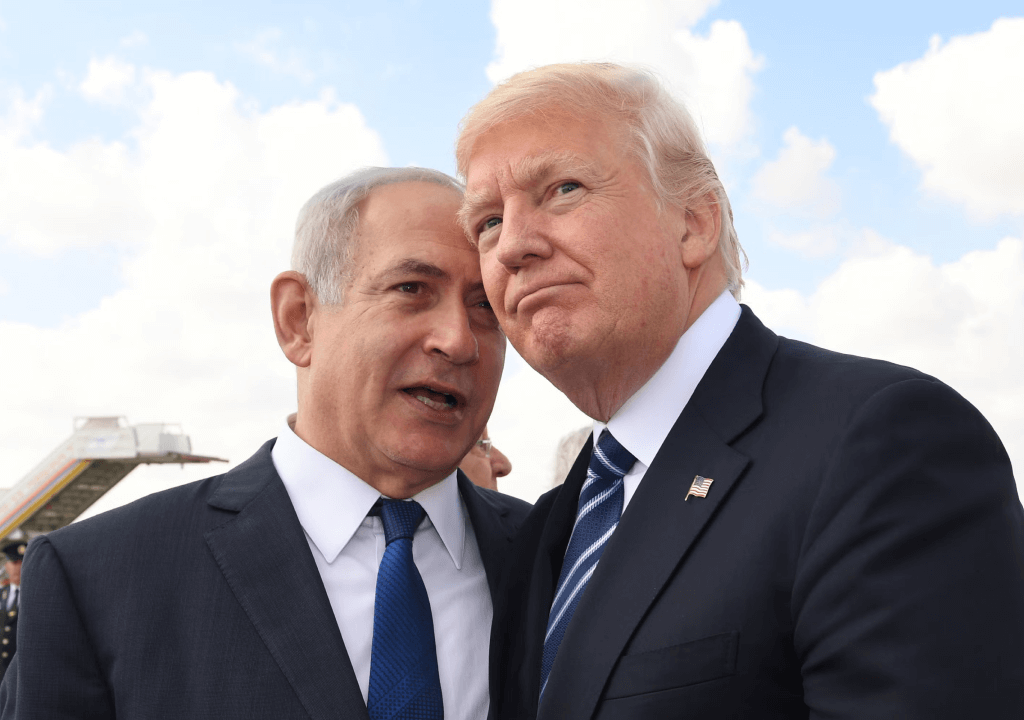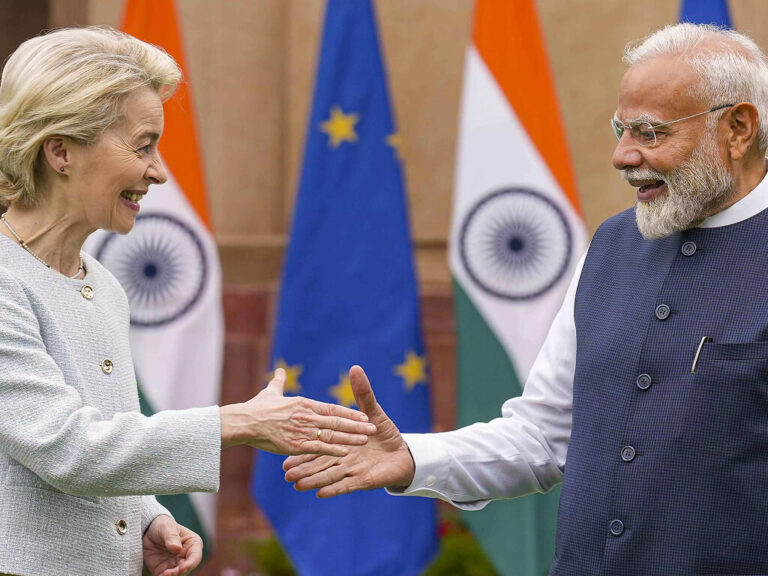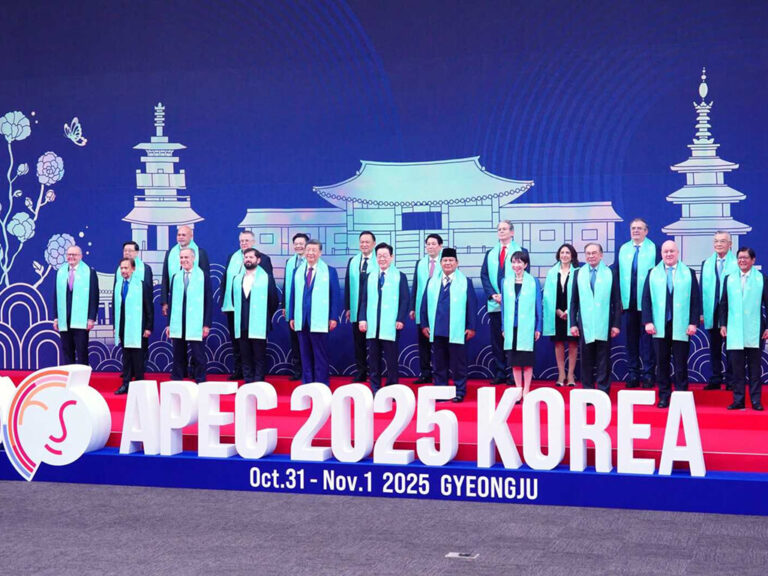The Gaza war, specifically Israel’s military action against Hamas, has evolved, as expected, from a regional conflict into a global issue. People have rallied around religious solidarities across countries, deepening divisions in many societies. In retaliation for the brutal killing of 1,200 Israelis, Israel has now killed over 45,000 people in Gaza and continues its operations with the aim of preventing future terrorist attacks from the region. Though a ceasefire is essential to help those suffering in this punishing war, the Gaza ceasefire remains nothing more than a plea. Despite ongoing discussions over the past 15 months of conflict, no agreement has been reached.
As Donald Trump prepares to begin his second term as U.S. president on January 20, there is a sense of optimism surrounding his strong relationships with Middle Eastern leaders and his bold, hero-like persona. He is positioned to prioritize the Gaza ceasefire, focusing on securing it as soon as possible. His administration is likely to build on the efforts of outgoing President Joe Biden, whose peace initiatives were thwarted by the competing demands of various stakeholders. Known for his deal-making prowess, Trump now has a significant opportunity to act swiftly in his presidency. Successfully mediating peace could satisfy global calls for resolution and cement his reputation as a decisive and effective leader.
Steve Witkoff, the U.S. Middle East envoy appointed by President-elect Donald Trump, is leading efforts to broker a Gaza ceasefire. He met Israeli Prime Minister Benjamin Netanyahu on Saturday to push forward with negotiations for a hostage deal and a ceasefire, according to an Israeli official cited by The Guardian. Before meeting Netanyahu, Witkoff met Qatari Prime Minister Sheikh Mohammed bin Abdulrahman Al Thani on Friday to discuss recent developments and the push for a Gaza ceasefire, as outlined by the Qatari foreign ministry. Qatar plays a pivotal role as a mediator, maintaining connections with various Islamist groups, including those linked to Iran. After his visit to Qatar, Witkoff, who reassured that the U.S. remains committed to a swift resolution, flew to Israel to meet with Netanyahu and accelerate the talks. Trump’s administration aims to engage all its allies to advance peace and strengthen regional ties.
The main obstacle now lies in the status of the hostages taken by Hamas during the October 7th raid on Israel and their release. Israel has previously stated that it would only engage in peace talks after the release of all hostages, but Hamas has shown no willingness to comply. Following the discussions with Witkoff, Netanyahu’s office announced that the prime minister would send Mossad chief David Barnea to Qatar’s capital to continue pushing for a deal to release the hostages. It remains unclear when Barnea will travel to Doha, but the U.S. is pressing for an agreement before Donald Trump’s inauguration on January 20. Barnea’s involvement indicates that high-level Israeli officials, who must approve any deal, are now directly involved in the process.
Several rounds of negotiations, mediated by the U.S., Egypt, and Qatar, have failed to yield a lasting ceasefire. Despite officials’ repeated optimism that a breakthrough was imminent, talks have consistently stalled. Over the course of 15 months of war, only one brief ceasefire was achieved during the early stages of fighting, with no substantial agreement since. However, political dynamics have shifted. The initial fury over Hamas’ terrorist actions in Israel has lessened, and the focus has now shifted to the hostages. In recent weeks, the hostage issue and a potential ceasefire have dominated discussions in Israeli media. There are growing doubts that Netanyahu is using the war to prolong his political tenure while also leveraging Trump’s influence. On Hamas’ side, while initial celebrations of their actions in Gaza were widespread, the consequences are now clear, and many have grown disillusioned with the group. The Islamists and their media may still support Hamas, but the wider public recognizes its failed strategy. Hezbollah, and Iran—Hamas’ major supporter—are all reeling from significant setbacks.
The call for an end to the war is intensifying, with Trump positioning himself to play a crucial role in negotiations. While any ceasefire agreement he brokers is likely to favor Israel, all parties now need an end. During his previous term, the historic Abraham Accords happened, and his efforts to strengthen relations with Israel and other Middle Eastern nations are viewed as positive moves toward peace. While some of his supporters advocate for a Nobel Prize for him. If Trump succeeds in brokering a Gaza ceasefire, he will further solidify his reputation as a key peace broker, and it truly deserves the Nobel Prize.








